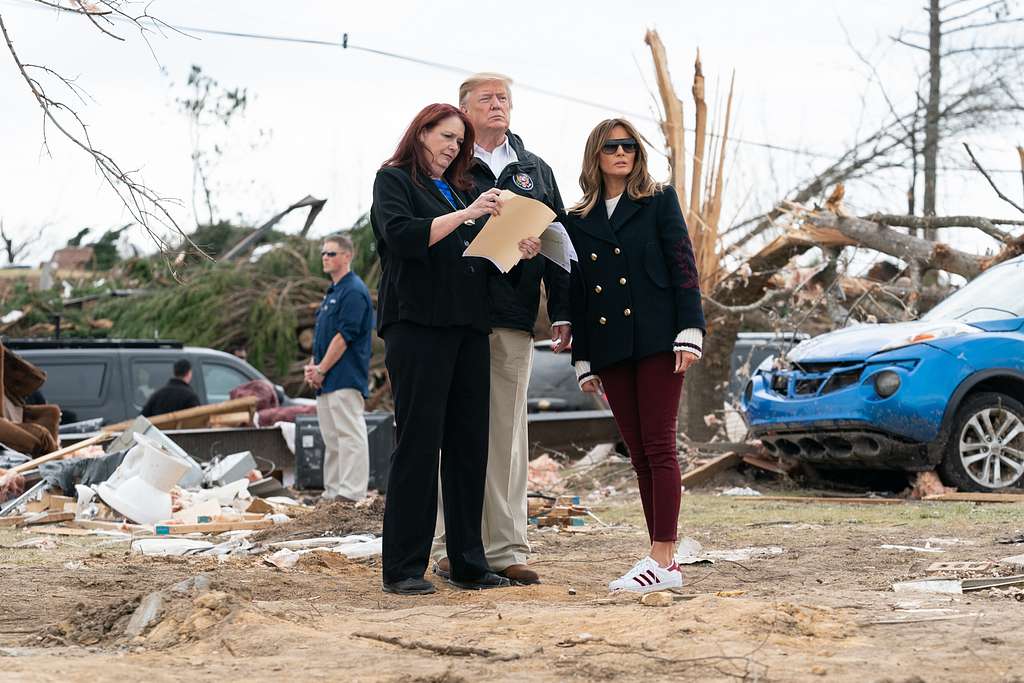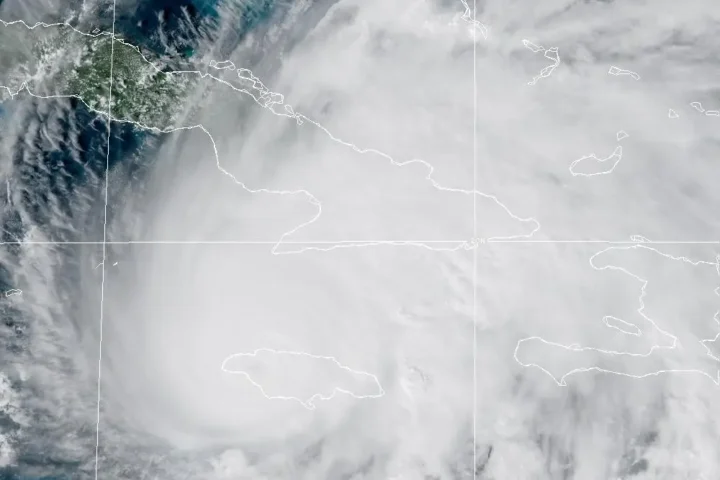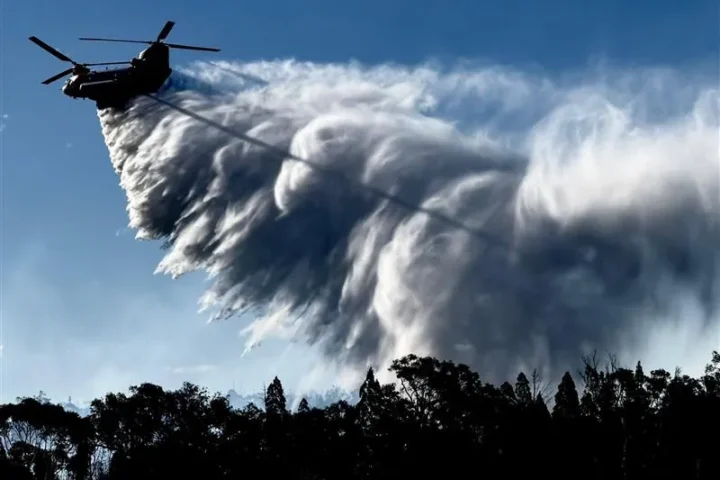In a move that could hamper America’s understanding of climate challenges, the Trump administration has dismissed nearly 400 scientists working on the Sixth National Climate Assessment (NCA6) , a critical report mandated by Congress to analyze climate change impacts across the United States.
What Happened
On April 28, 2025, contributors to the NCA6 received an email stating: “At this time, the scope of the [NCA6] has been reevaluated in accordance with the Global Change Research Act of 1990 and we are now releasing all current assessment participants from their roles.”
This action follows earlier dismissals of staff at the U.S. Global Change Research Program (USGCRP) — the NASA-supported program that coordinates the assessment — whose website now indicates its “operations and structure are currently under review.”
Dr. Rachel Cleetus, a senior policy director at the Union of Concerned Scientists, received the dismissal notice along with hundreds of other experts.
“Today, the Trump administration senselessly took a hatchet to a crucial and comprehensive U.S. climate science report by dismissing its authors without cause or a plan,” Cleetus stated.
This episode underscores the broader pattern of the Trump administration’s approach to climate science.
Economic Impacts of Climate Disruption
The Fifth National Climate Assessment (NCA5) , published in 2023, documented that climate-driven extreme weather events cost the U.S. economy approximately $150 billion annually.
These impacts disproportionately affect low-income communities and historically marginalized populations.
Without the NCA6, which was scheduled for publication in 2028, these economic projections cannot be updated for policymaking, infrastructure planning, or disaster preparation.
Legal Framework and Congressional Mandate
The National Climate Assessment is required by the Global Change Research Act of 1990, signed by President George H.W. Bush, which mandates assessments every four years to inform policymakers and the public about climate change impacts.
Similar Posts:
While the Trump administration can delay the process through budget cuts and reorganization, only Congress can legally eliminate the requirement for the assessment.
During the George W. Bush administration, environmental groups successfully sued to force the publication of the fourth assessment after delays, setting a precedent for legal remedy.
Real-World Applications at Risk
The assessment has practical applications for numerous sectors:
- Insurance companies use NCA data to set premiums for coastal and wildfire-prone regions.
- State transportation departments and cities rely on the data for infrastructure planning.
- Federal agencies use the findings to allocate billions in disaster mitigation grants such as FEMA’s BRIC program.
- Farmers depend on climate projections for long-term agricultural planning.
Erin Sikorsky, Director of the Center for Climate & Security, noted: “Unfortunately, ignoring climate hazards does not make them disappear — instead, tanking this report means US communities will be less prepared and more at risk as those hazards hit.”
NASA Climate Lab Lease Cancellation
The dismissal of NCA6 contributors comes just days after another climate science setback. On April 24, the administration notified staff that the lease for NASA’s Goddard Institute for Space Studies (GISS) at Columbia University will end May 31, 2025, jeopardizing ongoing climate modeling research.
State and Local Responses
Some states have begun developing their own climate assessments to fill federal gaps. California’s Fourth Climate Change Assessment and New York’s Second State Climate Action Plan demonstrate how sub-national entities are maintaining climate planning capabilities despite federal pullbacks.
Scientific Community Response
Steven Hamburg, Chief Scientist at the Environmental Defense Fund, stated: “Refusing to study climate change won’t make it go away – or help us deal with stronger storms, droughts, floods, wildfires and hotter temperatures.”
Multiple scientific societies—including the American Meteorological Society, American Geophysical Union, and AAAS—sent an open letter in March 2025 urging Congress to defend the NCA process’s scientific integrity.
What’s Next
Environmental groups and state attorneys general are exploring legal options to ensure the assessment continues as mandated by law. The precedent from the Bush administration suggests courts may compel the report’s completion if litigation is pursued.

Meanwhile, the dismissal signals a broader pattern of climate science rollbacks, including barring U.S. scientists from attending IPCC meetings and canceling federal contracts with climate research support companies.
For communities already dealing with climate impacts—from coastal flooding to western droughts—the absence of updated national climate data could mean flying blind into increasingly unstable weather patterns and environmental conditions.














